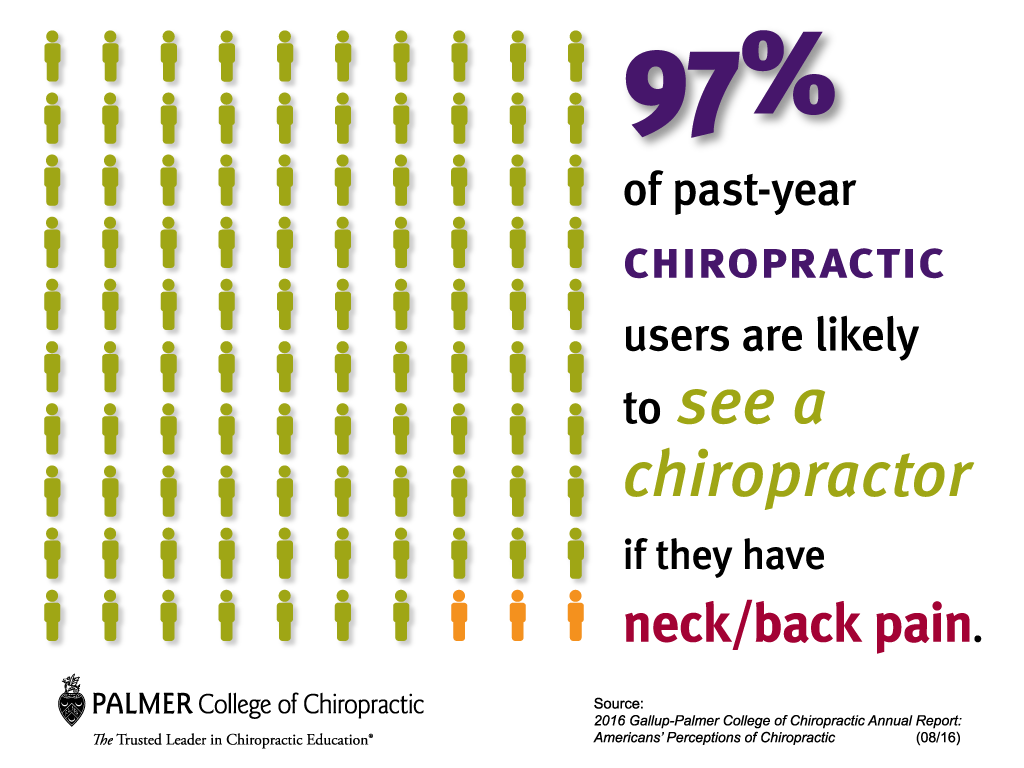The Impact Of Diet Plan On Pain In The Back Management: Foods To Include And Foods To Omit
The Impact Of Diet Plan On Pain In The Back Management: Foods To Include And Foods To Omit
Blog Article
Uploaded By-Hsu Lykke
When it comes to handling your neck and back pain, the food options you make can substantially influence how you really feel every day. Visualize having the ability to ease your pain merely by readjusting what you eat. By understanding the function of nutrition in back pain monitoring and recognizing which foods to include or stay away from, you can take proactive actions in the direction of a much healthier and much more comfortable way of living. The link in between nutrition and back health is a lot more profound than you may recognize-- let's explore how particular foods can either relieve or worsen your pain in the back.
Importance of Nourishment in Back Pain
Nourishment plays an important duty in managing pain in the back. Your diet can substantially affect inflammation levels and total discomfort levels in your back. Consuming a well balanced diet plan abundant in nutrients like vitamins D and K, calcium, magnesium, and omega-3 fats can help in reducing swelling and enhance bones, which are crucial for back health and wellness.
In addition, preserving a healthy and balanced weight via proper nutrition can ease stress on your spinal column, decreasing the threat of pain in the back.
Moreover, particular nutrients like antioxidants located in vegetables and fruits can aid deal with oxidative anxiety and promote recovery in the body, including the back muscles and back.
On the other hand, taking in excessive amounts of refined foods, sugary beverages, and unhealthy fats can contribute to inflammation and weight gain, aggravating back pain.
Foods to Consume for Back Health And Wellness
To support a healthy and balanced back, including nutrient-rich foods right into your daily dishes is vital. Consisting of simply click the next internet page in anti-oxidants like berries, spinach, and kale can help in reducing swelling in your back, relieving pain and discomfort. visit this hyperlink -3 fatty acids located in fatty fish such as salmon and mackerel have anti-inflammatory homes that can benefit your back health.
Additionally, eating nuts and seeds like almonds, walnuts, and chia seeds supplies vital nutrients like magnesium and vitamin E, which sustain muscular tissue feature and minimize oxidative tension. Integrating https://chiropractors-near-me95173.idblogz.com/31719470/start-your-journey-to-optimal-wellness-with-chiropractic-care-changes-unlocking-the-keys-to-a-healthier-much-more-dynamic-you as chicken, turkey, and tofu can assist in muscle mass repair and upkeep, promoting a solid back.
https://car-accident-injury-chiro96273.thelateblog.com/31727374/reveal-the-profound-influence-of-chiropractic-care-on-chronic-pain-relief-and-its-essential-role-in-alternative-techniques-for-handling-pain to include dairy products or strengthened plant-based alternatives for calcium to sustain bone health. Finally, moisturize with lots of water to maintain your spinal discs hydrated and working optimally. By including these nutrient-dense foods in your diet plan, you can nourish your back and support total spinal health.
Foods to Prevent for Back Pain
Choose avoiding refined foods high in added sugars and trans fats when seeking relief from back pain. These kinds of foods can contribute to inflammation in the body, which may aggravate neck and back pain. Say no to sugary snacks like candy, breads, and sugary beverages, as well as junk food products like burgers, french fries, and fried chicken that are commonly loaded with trans fats.
Furthermore, avoid foods containing high levels of polished carbs, such as white bread, pasta, and pastries, as they can spike blood sugar level levels and possibly worsen inflammation in the body.
It's also smart to restrict your intake of foods high in hydrogenated fats, like red meat and full-fat milk items, as they can add to swelling. Processed foods like delicatessens meats, chips, and packaged treats are typically high in hydrogenated fats and need to be consumed in small amounts.
Conclusion
In conclusion, taking notice of your diet plan and making clever food options can have a considerable impact on managing back pain. By including nutrient-rich foods like berries, fatty fish, nuts, and lean healthy proteins, and staying clear of refined and sweet items, you can help in reducing inflammation and support overall back health and wellness. Bear in mind, what you eat plays an essential duty in exactly how you feel, so see to it to prioritize your nourishment for a healthier back.
